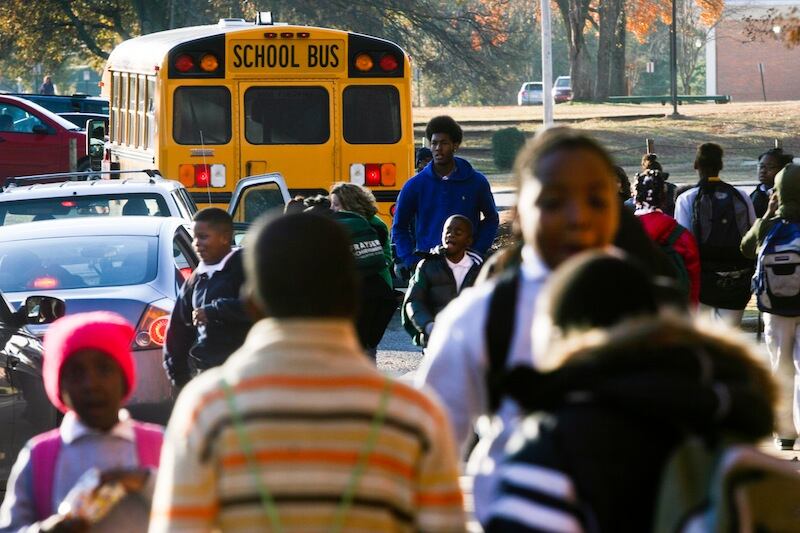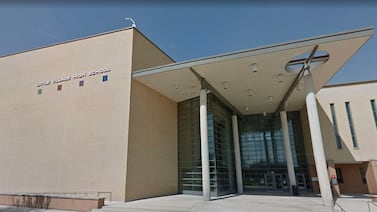Sign up for Chalkbeat Tennessee’s free newsletter to keep up with statewide education policy and Memphis-Shelby County Schools.
Tennessee could shut down the state-run Achievement School District and introduce a new model of intervention for low-performing schools by the start of the 2026-27 school year.
The legislation has sailed through committees in the House and Senate with unanimous votes. It is scheduled to be heard on the Senate floor on Tuesday.
The proposal is the latest call to phase out the controversial school turnaround system, which operated a peak of 33 schools but now includes just three. The ASD separated low-performing schools from their local school systems and placed them in a district under state jurisdiction.
The state has long been criticized for taking local control from schools in Memphis and Nashville that mainly serve Black and low-income communities. And while ASD, which was established in 2012, aimed to push Tennessee’s bottom 5% of schools to the top 25%, research demonstrated that the school turnaround model did not lead to long-term improvements for students.
The new model involves a tiered system
The new model would grant school districts more flexibility in school improvement methods than the state-run district. But all strategies would require state approval.
The model would require interventions for any “priority school” across the state, which includes the following:
- The bottom 5% of schools in performance. Federal law requires states to intervene in public schools in the bottom 5%.
- All public high schools that fail to graduate 1/3 or more of their students.
- Schools with chronically low-performing student groups that have not improved after receiving additional support.
Priority schools identified for intervention would be divided into three tiers. The first tier would give districts the choice to implement an evidence-based strategy or partner with a turnaround expert to intervene.
Tier two options would include converting schools into charters, transferring operations to a higher education institution, or replacing some or all school leadership and specific staff.
Tier three would involve the most intervention, such as school closures. For communities where closure is not “feasible,” the state Department of Education would determine which school leadership and instructional staff to replace in consultation with the district.
“This new structure will maintain accountability while allowing school systems to pursue turnaround models that reflect their unique challenges,” said Republican Sen. Jack Johnson of Franklin, who is sponsoring the bill.
A school identified as a priority school for the first time would begin at the first tier. The Tennessee Department of Education would review each school’s performance annually to decide whether to escalate interventions.
Democratic Rep. Antonio Parkinson of Memphis, who has been a longtime advocate of ending the ASD, said this bill still gives too much power to the state.
“They’re saying they’re ending the ASD, but all they’re doing is redoing the ASD on a much larger scale,” he said.
He pointed to the bill language that would allow replacement of school staff under the direction of the state as well as expand charter conversions. The ASD has historically partnered with charter operators to turn schools around.
The last three schools in the ASD are operated by the charter IOTA Community Schools, which has sought to continue managing these schools.
If the bill passes through the legislature, it would go to Gov. Lee’s desk for signature.





